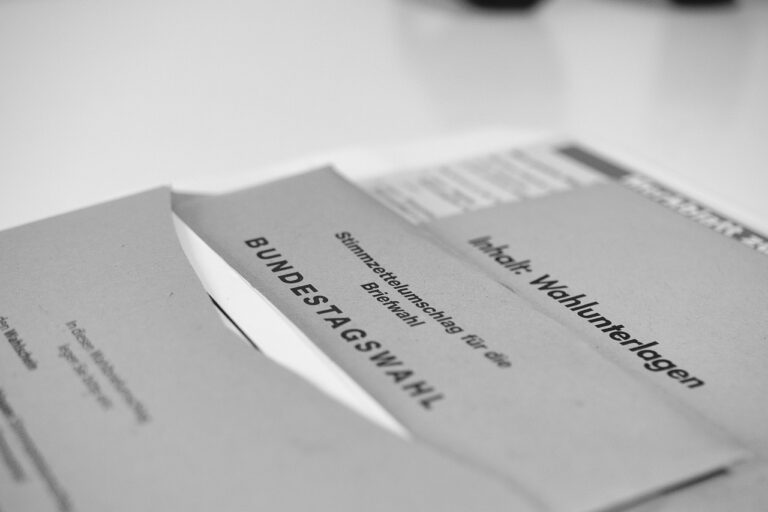Ensuring the Security and Integrity of Voter Registration Databases for Auditing
cricbet99, sky11 bet, play lotus365:The Role of Election Auditing in Fostering Public Trust in Elections
Elections are the cornerstone of democracy, allowing citizens to have a say in the governance of their country. However, for elections to be truly democratic, they must be free and fair, with results that accurately reflect the will of the people. One way to ensure the integrity of elections is through auditing, a process that involves examining election procedures, systems, and results to verify their accuracy and fairness.
In recent years, concerns about election integrity have been on the rise, with allegations of voter fraud and election tampering becoming more prevalent. In this environment of mistrust, election auditing plays a crucial role in fostering public trust in the electoral process. By providing transparency and accountability, auditing helps to reassure voters that their voices are being heard and that the results of an election are legitimate.
Auditing can take many forms, from post-election audits that verify the accuracy of results to pre-election audits that evaluate the security of election systems. These audits are conducted by independent bodies, such as election commissions or non-partisan organizations, to ensure that they are free from bias or influence. Through comprehensive auditing processes, election officials can identify and address any discrepancies or vulnerabilities in the electoral system, thus strengthening its integrity and enhancing public confidence.
Importantly, election auditing is not just about detecting fraud or errors; it is also about preventing them in the first place. By conducting regular audits and implementing recommendations for improvement, election officials can proactively safeguard the electoral process against potential threats and vulnerabilities. This proactive approach helps to minimize the risk of fraud or manipulation and ensures that elections are conducted in a transparent and secure manner.
Overall, the role of election auditing in fostering public trust in elections cannot be overstated. By providing transparency, accountability, and security, auditing helps to reassure voters that their voices matter and that the electoral process is fair and reliable. In an era of growing skepticism and misinformation, election auditing serves as a critical tool for upholding the principles of democracy and protecting the legitimacy of elections.
Heading 1: The Importance of Election Integrity
Heading 2: Types of Election Audits
Heading 3: Post-election Audits
Heading 4: Pre-election Audits
Heading 5: Benefits of Election Auditing
Heading 6: Strengthening Public Trust
Heading 7: Enhancing Election Security
Heading 8: Proactive Approach to Election Integrity
Heading 9: The Role of Independent Auditors
Heading 10: Challenges and Considerations
FAQs:
Q: What is election auditing?
A: Election auditing is the process of examining election procedures, systems, and results to verify their accuracy and fairness.
Q: Who conducts election audits?
A: Election audits are typically conducted by independent bodies, such as election commissions or non-partisan organizations, to ensure impartiality.
Q: Why is election auditing important?
A: Election auditing helps to provide transparency, accountability, and security in the electoral process, thus fostering public trust in elections.
Q: What are the benefits of election auditing?
A: Election auditing helps to detect and prevent fraud, errors, and vulnerabilities in the electoral system, thereby ensuring the integrity of elections.
Q: How can election auditing strengthen democracy?
A: By upholding the principles of transparency and accountability, election auditing helps to protect the legitimacy of elections and safeguard the democratic process.







